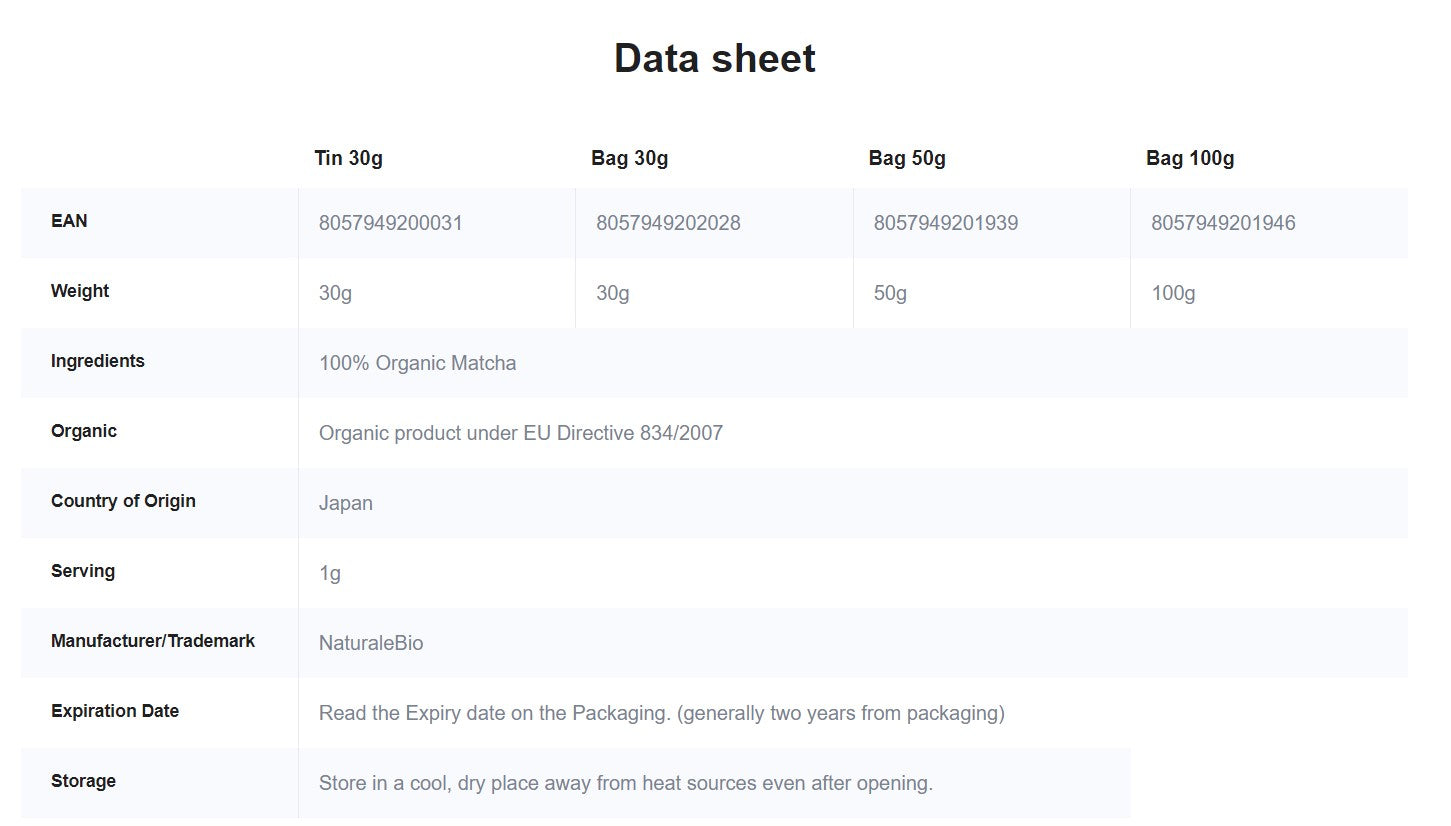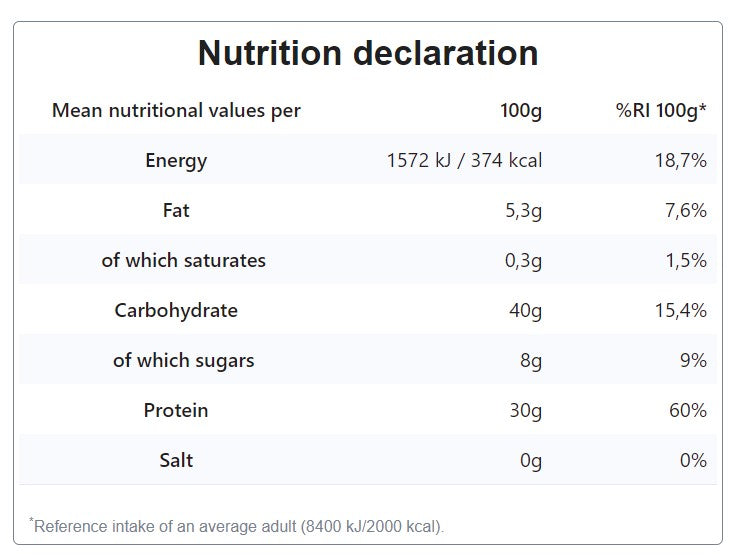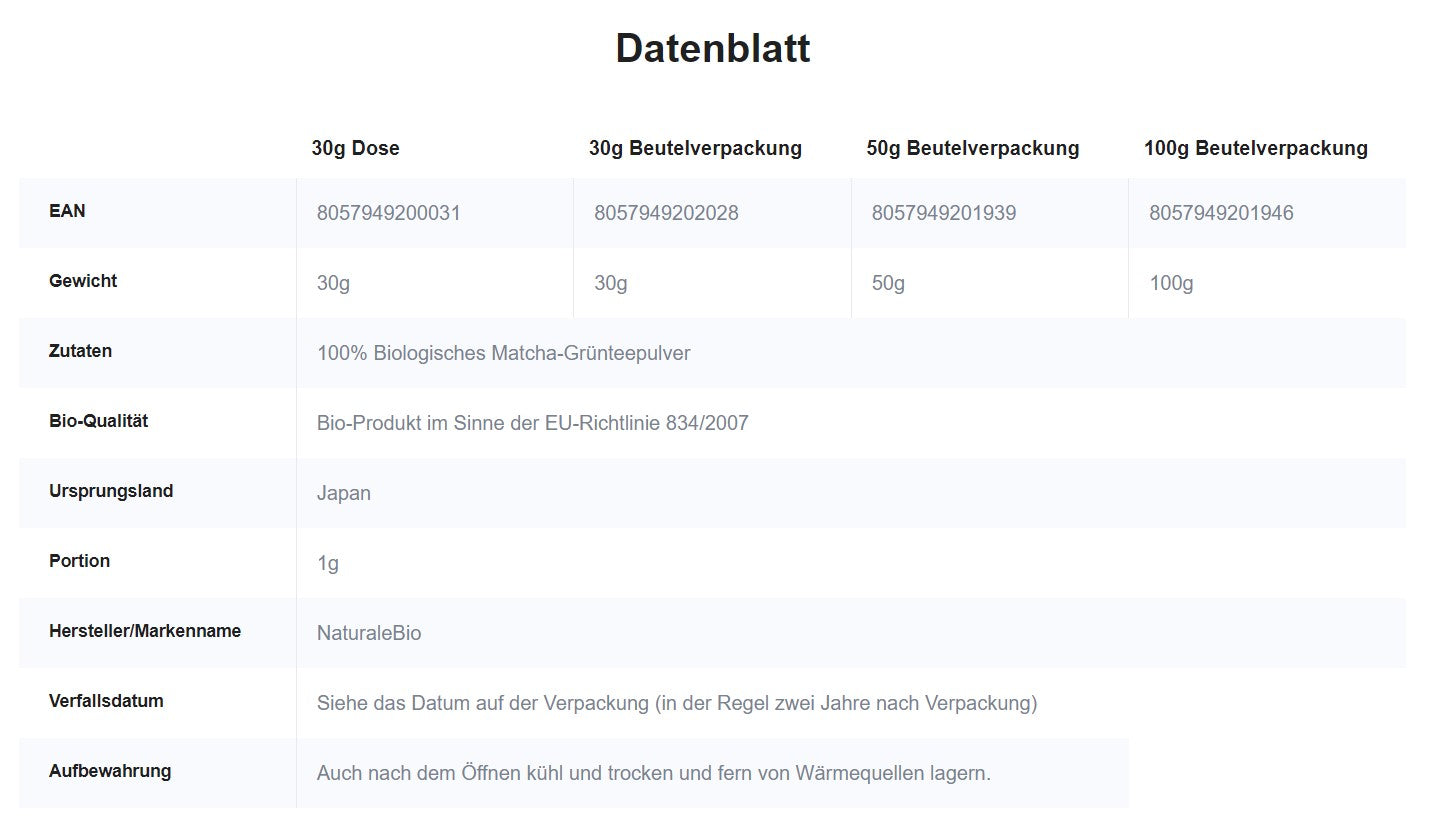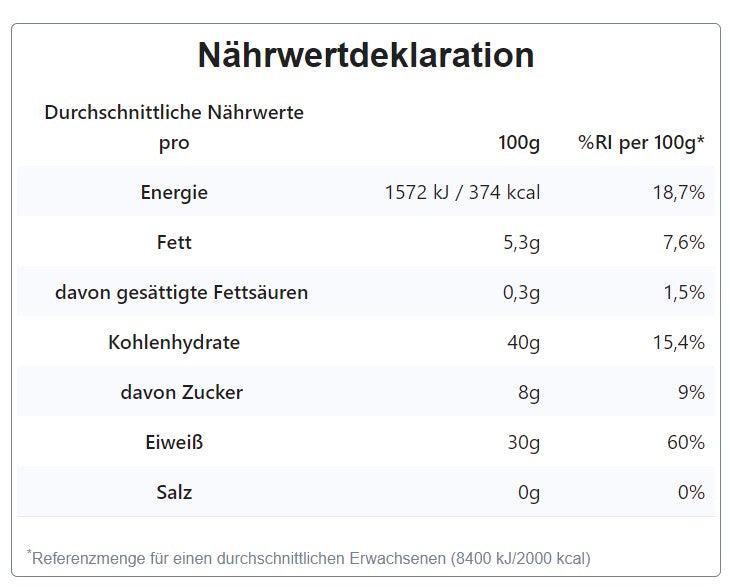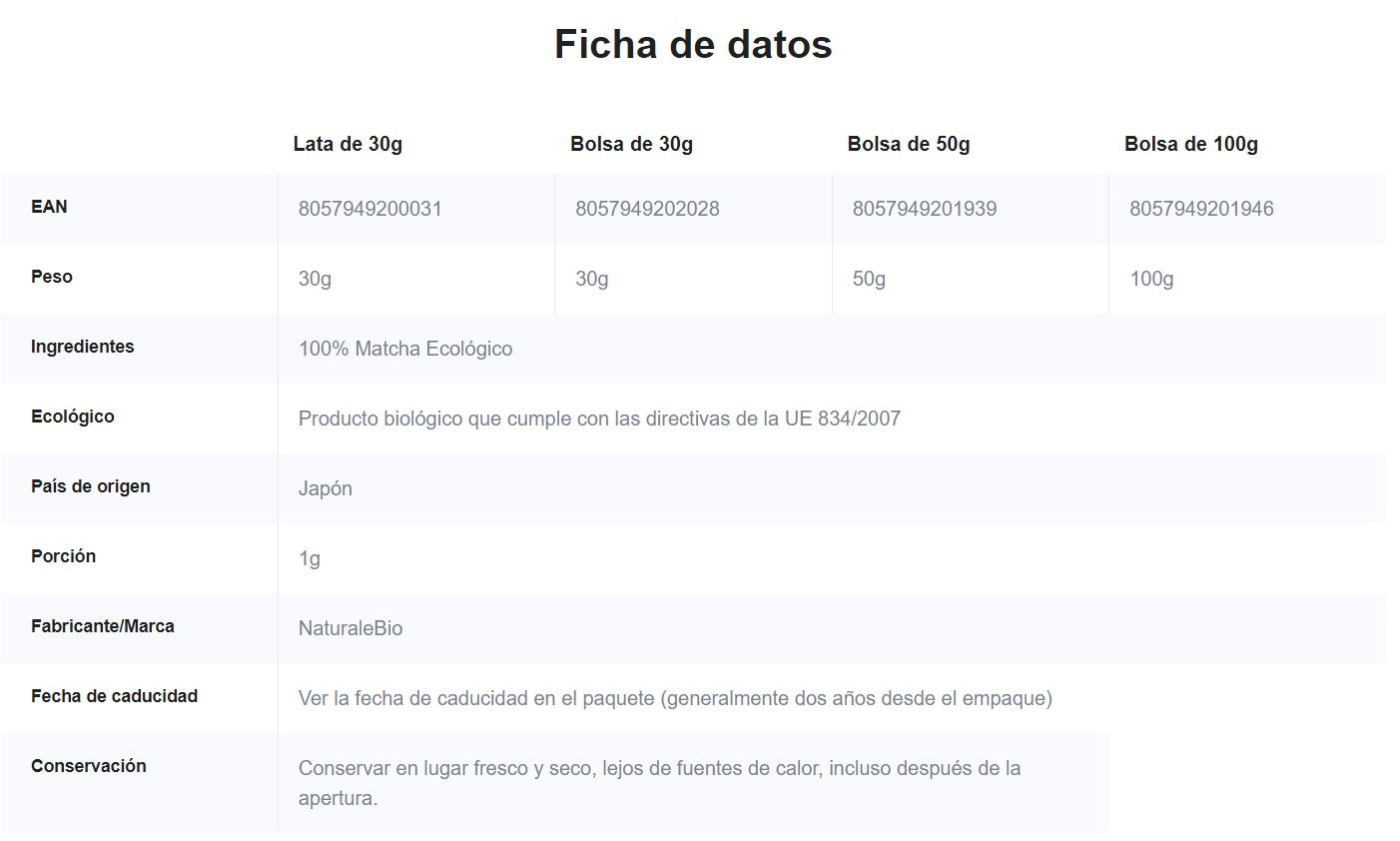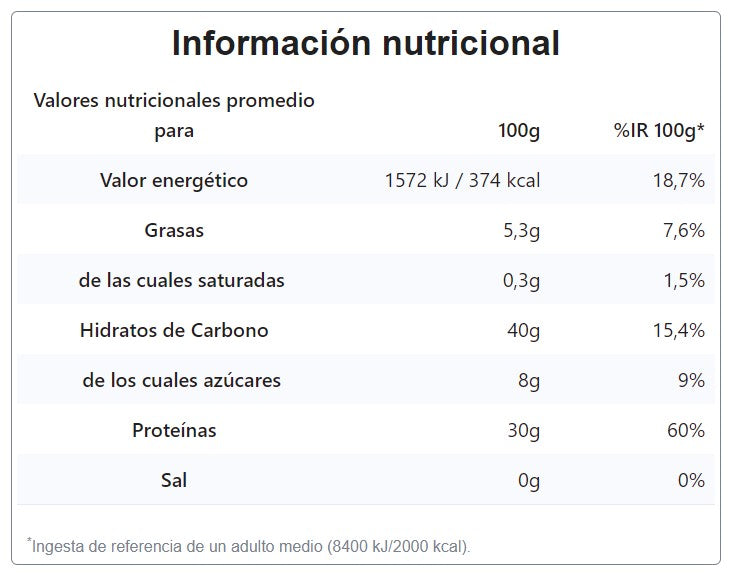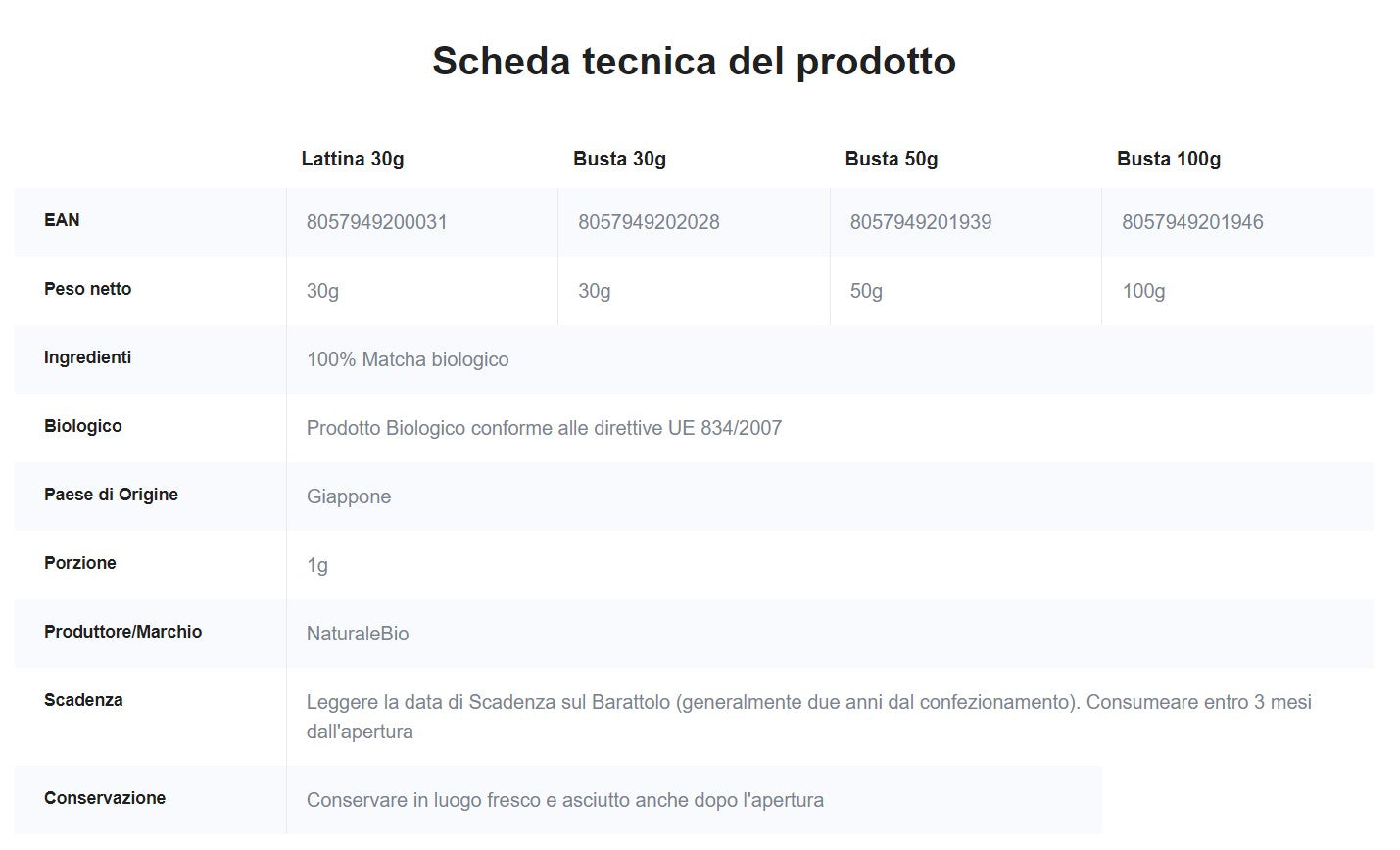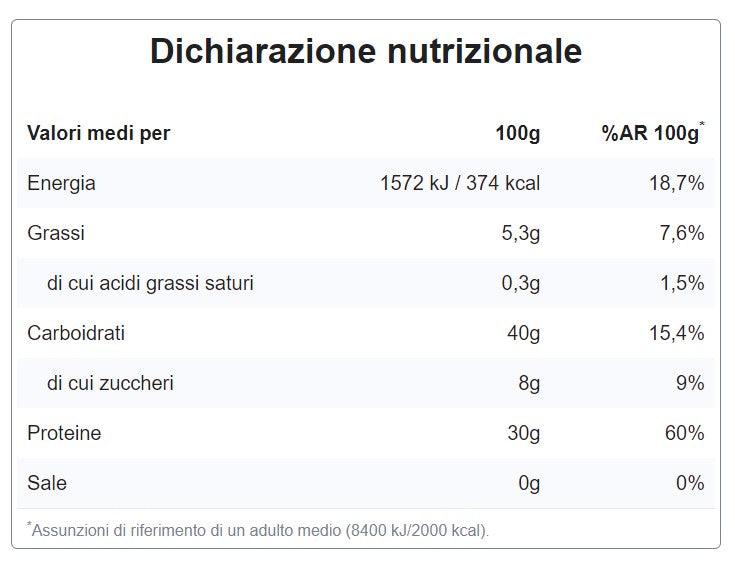Your basket is empty
Already have an account? Log in to check out faster.
Already have an account? Log in to check out faster.
Organic Matcha Green Tea Powder (Ceremonial Grade). Organic Japanese Tea Produced in Uji, Kyoto. Ideal for Drinking and with Milk
Couldn't load pickup availability.
Matcha is a very precious Japanese green tea. Grown in Japan, it appears as a very fine and fragrant powder, but the main characteristic is the color of a truly intense emerald green. Our Matcha comes from the city of Uji in the southern outskirts of the prefecture of Kyoto. The climatic conditions of these areas are optimal for the production of Matcha.
Matcha tea represents the essence of green tea. Traditionally used in Japan, it stands out from other green teas for its bright green color and flavor. It is also of a higher grade than culinary grade Matcha and premium grade. Only first-harvest leaves are used that are stone-ground. The leaves are protected from sunlight for 20 days before being harvested, keeping theanine levels intact and high.
100% Pure and Organic. Without the use of pesticides and unnatural chemical fertilizers that are not helpful for the body and health. Made in Japan and certified Organic by control bodies authorized by the Ministry of Agriculture.
Stone ground
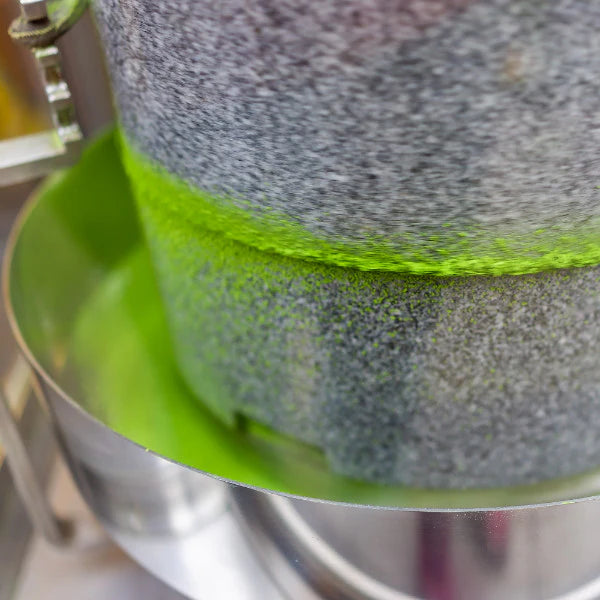
Matcha tea represents the essence of green tea. Traditionally used in Japan, it stands out from other green teas for its bright green color, flavor, and is of a higher grade than culinary grade Matcha. Only first-harvest leaves are used that are stone-ground. The leaves are protected from sunlight for 20 days before being harvested, keeping the levels of Theanine intact and high.
FAQ
It is a powdered green tea produced in Japan. Used as a drinking tea (Ceremonial Grade) or as an ingredient in recipes (Culinary Grade). MATCHA is produced in Japan.
Ours is a Ceremonial Grade, intended to be prepared as a drinking tea. See preparation method below.
The preparation of traditional Matcha consists of adding 80 ml of water at a temperature between 60° and 75° (not boiling temperature) and 1 portion (1g) of Matcha. Shake quickly using a traditional Matcha Whisk or a normal kitchen whisk.
Yes, each portion (1 g) contains approximately 30 mg of caffeine, equivalent to 1/3 of a cup of coffee. Matcha also contains theanine, which has a calming effect and reduces the effects of caffeine.
Culinary grade (lower quality) is used in recipes and as an ingredient in cooking, Premium Matcha is lower quality than Ceremonial, but is still a great alternative to Ceremonial Matcha and is ideal for adding to milk, yogurt, smoothies or in cooking. Finally, Ceremonial grade, the most prized, is intended to be traditionally prepared as a drinking tea and comes from first-harvest leaves finely stone ground.
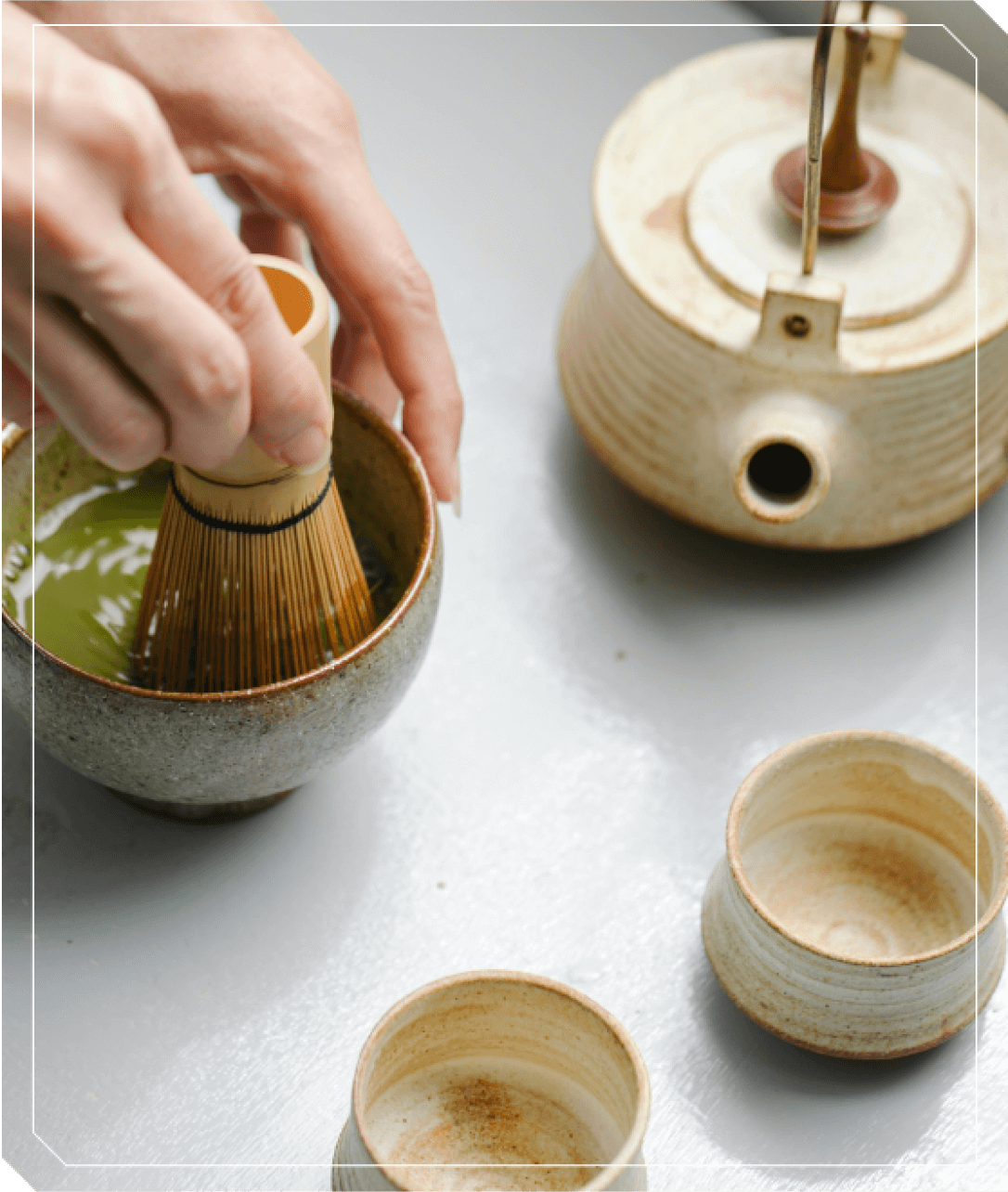
Cha no yu (meaning, "hot water tea") known as the tea ceremony, is a social and spiritual ritual in Japan.
It is recommended to use ceremonial grade Matcha green tea, which is the finest grade.
Matcha tea is prepared by suspension, in this way all its organoleptic properties are preserved. The very fine and intense green powder is dissolved directly in hot water with the help of the chasen ( a bamboo whisk ) ideal for mixing this type of tea without forming lumps and making it very creamy.
- 80 ml of water at a temperature between 60° and 75° (not boiling temperature)
- 1 serving (1g) of Matcha
NB: Shake quickly using a traditional Matcha Whisk or a normal kitchen whisk. You will have to alternate "M" movements with "W" movements, always staying on the surface with the whisk, in this way it will be denser and frothy.
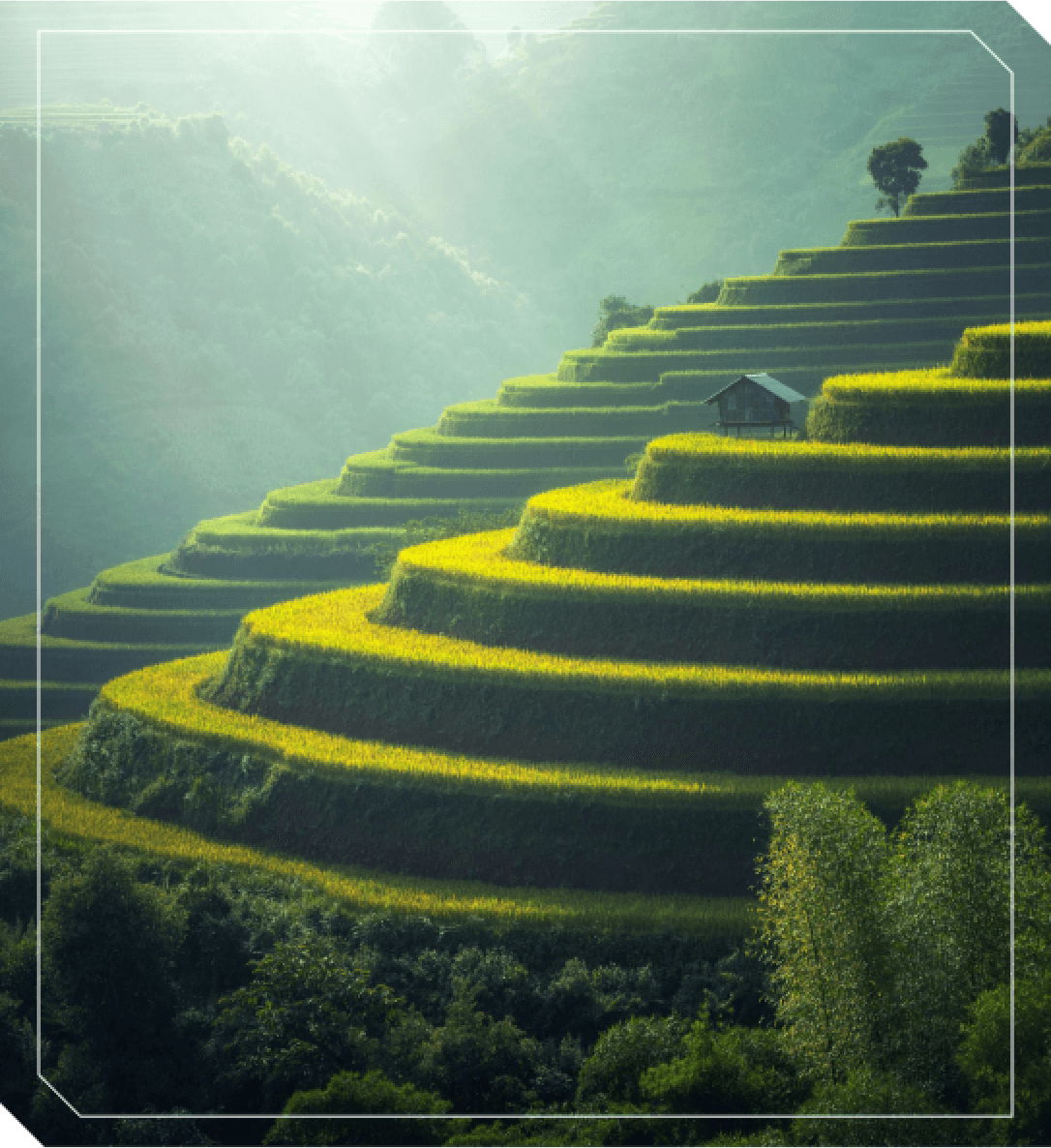
The quality of Matcha green tea varies and also depends on the type of plantation used for cultivation. The main plantation varieties are: Yabukita, Okumidori, Samudori and Asahi.
Yabukita is certainly the main plantation variety from which the finest and best Matcha tea is obtained.
NaturaleBio Matcha Tea comes from Yakubita plantations .
Hilly and mountainous areas are ideal for growing an excellent quality of Matcha. Matcha tea is harvested around mid-May, but in the 15-20 days before, Japanese growers protect the plantations from the sun. In ancient times they used straw, but today black curtains are used that have the purpose of protecting the plantation from the sun's rays. This cultivation method preserves all the properties of Matcha tea intact and unaltered. Protecting the tea leaves from the sun means maintaining high levels of chlorophyll and theanine, this process is essential to preserve the beneficial properties of tea.
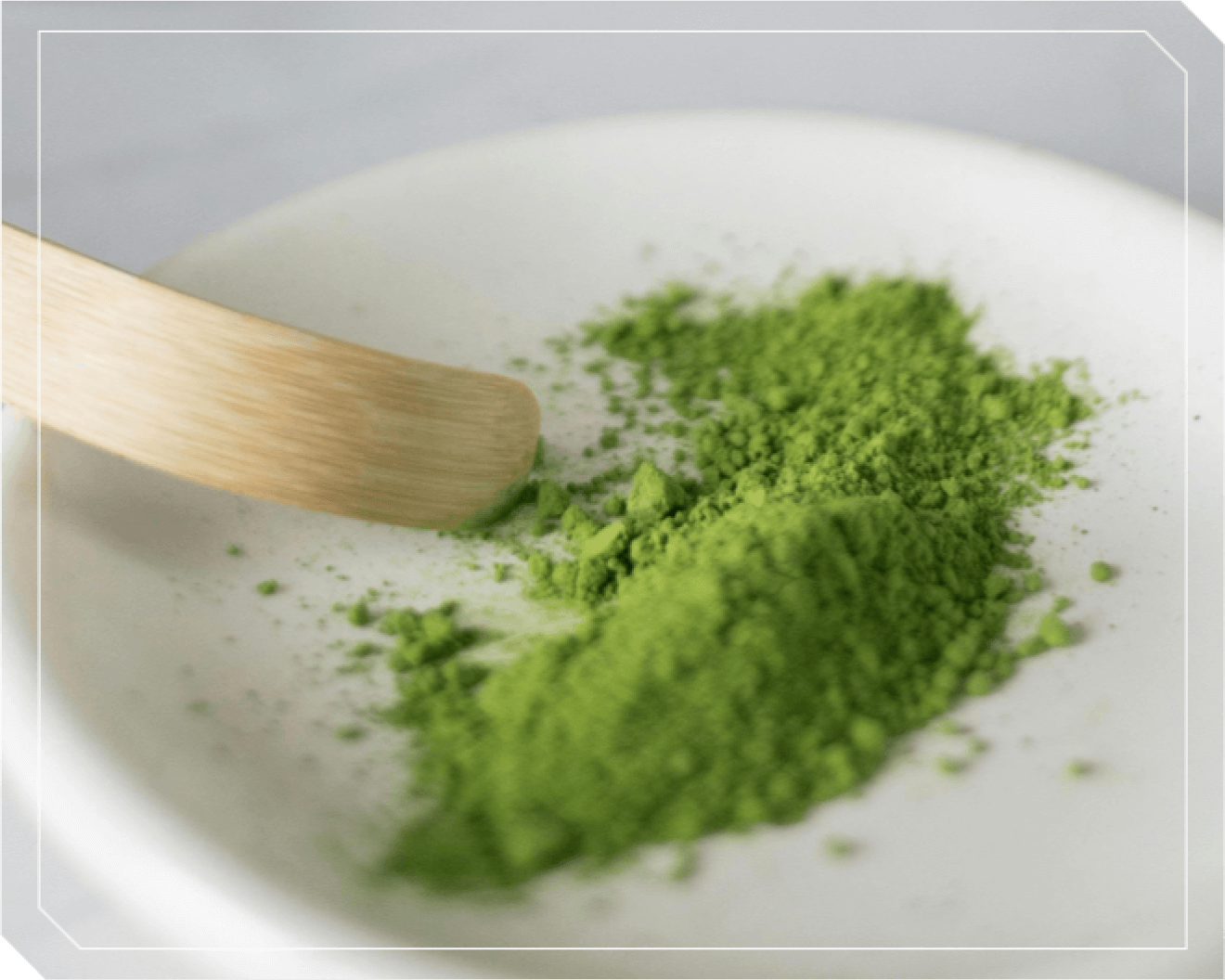
The Japanese Tea Master tries and tastes Tencha from different types of plantations and varieties of plants, selecting the best qualities which will then be rigorously stone ground .
This grinding tool is made up of a large funnel where the Tencha is placed, at the base of which there are two stone blocks that at low speed finely grind the tencha, transforming it into Matcha.
The low speed of the stones ensures that temperatures remain low and controlled to preserve the organoleptic properties.
1 hour of grinding grinds only 30 grams .
